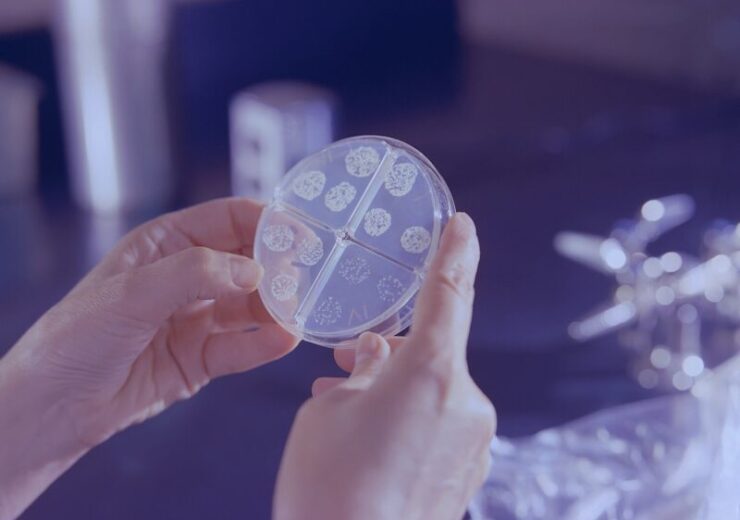Under the partnership, the phenotypic drug discovery platform firm will have the global development, manufacturing, and commercialisation rights to the ENT1inhibitor

PsychoGenics has licensed an ENT1 inhibitor for the treatment of neuropsychiatric disorders. (Credit: CDC on Unsplash)
PGI Drug Discovery (PsychoGenics) has entered into an exclusive global license agreement with Roche for RO7117997, an equilibrative nucleoside transporter 1 (ENT1) inhibitor, for the treatment of neuropsychiatric disorders.
RO7117997 is an investigational new drug (IND)-ready candidate that has been designed to block the activity of the ENT1 transporter.
It was discovered in collaboration with Roche using the PsychoGenics’ phenotypic screening platforms that use artificial intelligence (AI).
Under the partnership, PsychoGenics , which is a phenotypic drug discovery platform firm, will have the development, manufacturing, and commercialisation rights to the ENT1inhibitor.
The company plans to assess RO7117997 as a possible treatment for various neurological and psychiatric illnesses, beginning with sleep and seizure disorders.
PsychoGenics CEO and president Emer Leahy said: “RO7117997 was originally identified through our partnership with Roche, employing our SmartCube platform, and subsequent research at Roche revealed it to act as an ENT1 inhibitor.
“It is particularly gratifying that we have the opportunity to advance another phenotypically discovered drug candidate. Inhibition of ENT1 represents a novel approach for addressing a range of neuropsychiatric disorders.
“This license agreement perfectly aligns with our strategic objective of developing improved treatments for severely disabling CNS conditions.”
Other applications of the ENT1 inhibitor can also be used in the treatment of neuropsychiatric disorders like addiction and schizophrenia, neurodegenerative diseases, pain, and inflammation.
Apart from SmartCube, PsychoGenics offers other drug discovery platforms such as NeuroCube, PhenoCube, and eCube.
These platforms have been used in shared-risk agreements with pharmaceutical firms like US-based Sunovion, Roche, and Karuna, to discover new drug candidates that are currently undergoing clinical trials or advanced preclinical development.
